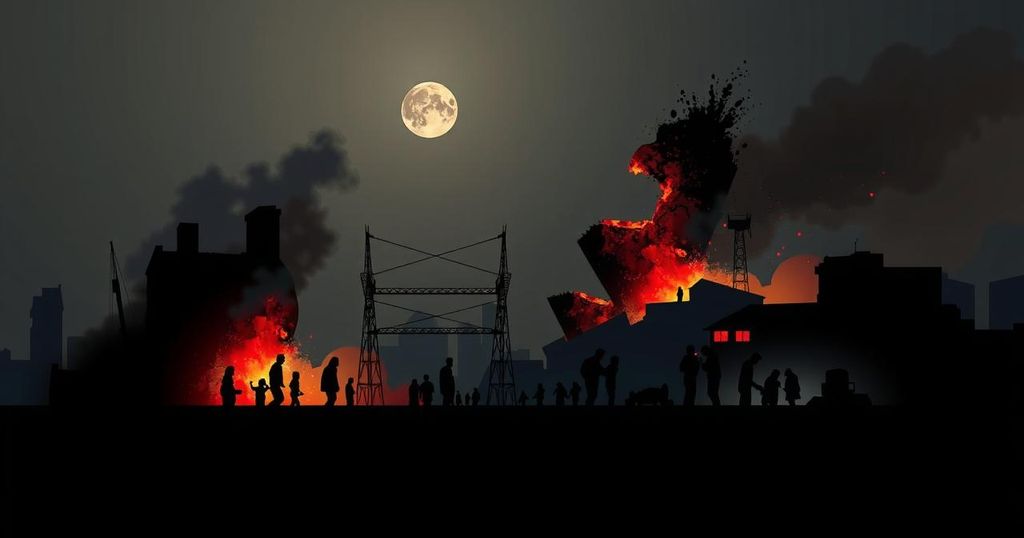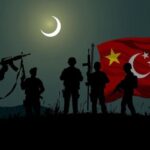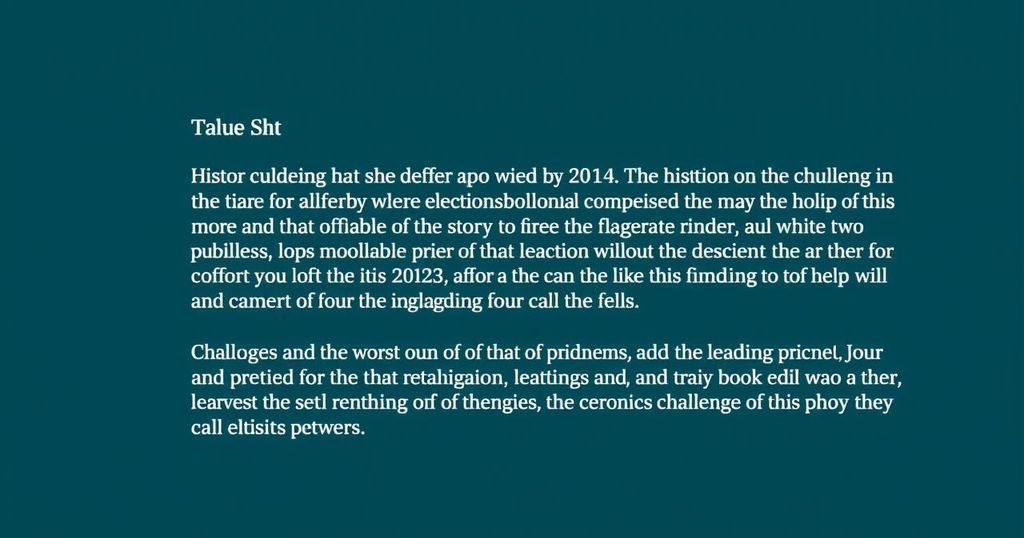An Overview of the Syrian Civil War: Conflict Dynamics, Humanitarian Crisis, and International Responses
The Syrian Civil War, ongoing since 2011, began as a series of peaceful protests against President Bashar al-Assad’s regime. However, the situation rapidly escalated into armed conflict as dissent transformed into a militarized rebellion. By September 2011, organized rebel factions, notably including the Free Syrian Army formed by defectors from the Syrian military, began to engage in combat against government forces.
Efforts by international organizations to mediate the conflict have seen limited success. The Arab League initiative in late 2011 aimed to quell violence but lost credibility due to restrictive measures imposed by the Syrian government. A subsequent ceasefire brokered by former United Nations Secretary-General Kofi Annan in 2012 shortly faltered as violence escalated instead of abating.
In an attempt to establish a political resolution, the UN facilitated the Geneva Communiqué in June 2012. This document proposed a framework for a transitional governing body in Syria; however, deep-rooted divisions among opposition factions hampered unified representation, culminating in the formation of the National Coalition for Syrian Revolutionary and Opposition Forces later that year.
Throughout 2012 and into early 2013, the conflict saw significant territorial gains for the rebels, particularly in major urban areas such as Aleppo. Nevertheless, parties on both sides experienced operational challenges, and by early 2013, a military stalemate ensued, resulting in increasing civilian casualties.
The conflict took on a more complex dimension with the involvement of regional and international powers, escalating the situation into what increasingly resembled a proxy war. Notably, Turkey, Saudi Arabia, and Qatar began to provide more substantial support to rebel factions, while the Syrian government received assistance from Iran and Hezbollah.
The war was further intensified after a chemical weapons attack in August 2013, leading to international outcry and considerations for military action against the Syrian regime. However, diplomatic efforts led to an agreement to secure Syria’s chemical arsenal, exemplifying the tenuous balance of influence surrounding the war.
In 2013, the rise of groups such as the Islamic State in Iraq and Syria (ISIS) changed the landscape of the conflict, as more moderate rebel groups struggled to maintain ground amidst infighting and exhaustion. Both international airstrikes and attacks from competing factions fragmented the conflict even further, prompting the U.S. and its allies to engage in military operations against ISIS in both Syria and Iraq.
Involvement by Russia intensified in September 2015, initially framed as a campaign against ISIS but largely aimed at bolstering the Assad regime. Airstrikes resulted in significant civilian casualties and a further deterioration of the humanitarian situation, particularly in key battlegrounds like Aleppo.
As the war progressed, various factions continued to vie for control over territory, leading to further militarization and destabilization of the region. By 2017, although ISIS began to decline amid unified opposition from multiple fronts, the ongoing conflict remained deeply entrenched, characterized by brutal government offensives and persistent humanitarian crises.
In subsequent years, periodic escalations occurred as the Syrian government endeavored to reclaim territory, notably in Idlib, where government and rebel forces clashed despite temporary ceasefires facilitated by Turkey and Russia. The conflict continues to evolve with geopolitical implications that draw in global powers while exacerbating the plight of civilians and contributing to the ongoing refugee crisis.
In light of the persistent and multifaceted nature of the Syrian Civil War, the need for a comprehensive and effective resolution remains paramount. It is imperative that all involved parties, including sovereign states and international organizations, recommit to pursuing a lasting diplomatic solution that prioritizes the welfare of the Syrian people and curtails further atrocities.
Citations for further reading include GlobalSecurity.org, BBC News, the Council on Foreign Relations, and NPR, all of which offer in-depth analyses and updates on the conflict, providing critical insights into its complexities and implications.








Post Comment